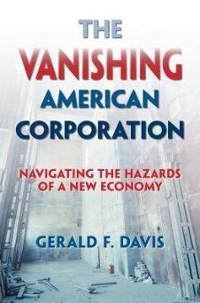Question
Consider two countries {1, 2} potentially in conflict with each other. Each country i E {1,2}'s payoff from peace is the wealth endowment w; >
Consider two countries {1, 2} potentially in conflict with each other. Each country i E {1,2}'s payoff from peace is the wealth endowment w; > 0. Conflict is initiated if and only if at least one country prefers so, where for each country i E {1, 2} such preference is determined by the comparison of the wealth endowment w; with the expected payoff from conflict, denoted by Ti. So, conflict occurs if and only if W; < Ti for some i E {1, 2}, where the expected payoffs from conflict are determined as follows. In the event of conflict each country i E {1, 2} simultaneously chooses a non-financial mobilisation effort Xi > 0. Mobilisation efforts jointly determine the probabilities of winning the conflict, Pi(21,22) = Xi/ (21 +22) if x1 + x2 > 0, 1/2 otherwise for each i {1,2}. As outcome of the conflict, the winning country i e {1,2} obtains a fraction di (0,1) of the wealth of the other country, -i. Assuming risk neutrality and perfect substitutability of wealth and effort, country i e {1,2}'s expected payoff from conflict is then Ti = W; - X; +P;Q;W-i - (1 - Pi)a-Wi. (a) Find the optimal level of effort xt for each country i. (Hint: There is no need to check for a corner solution. Solve only for the interior solution.) [12%] (b) Using the optimal levels of effort you have found in (a), compute the equilibrium expected payoffs 7 from conflict for each country. Under which condition does the conflict occur? Interpret the condition.
Step by Step Solution
There are 3 Steps involved in it
Step: 1

Get Instant Access to Expert-Tailored Solutions
See step-by-step solutions with expert insights and AI powered tools for academic success
Step: 2

Step: 3

Ace Your Homework with AI
Get the answers you need in no time with our AI-driven, step-by-step assistance
Get Started


